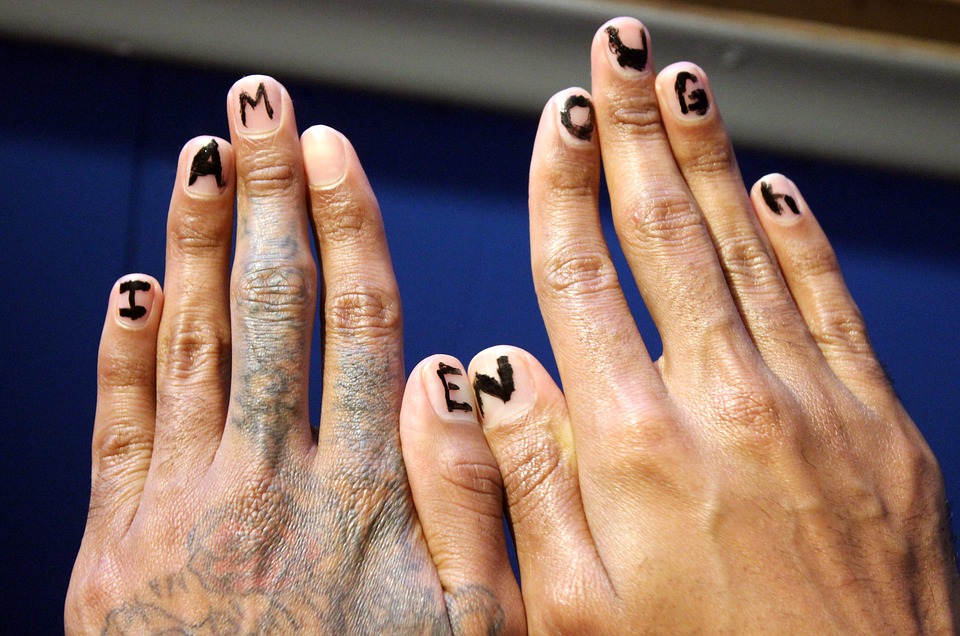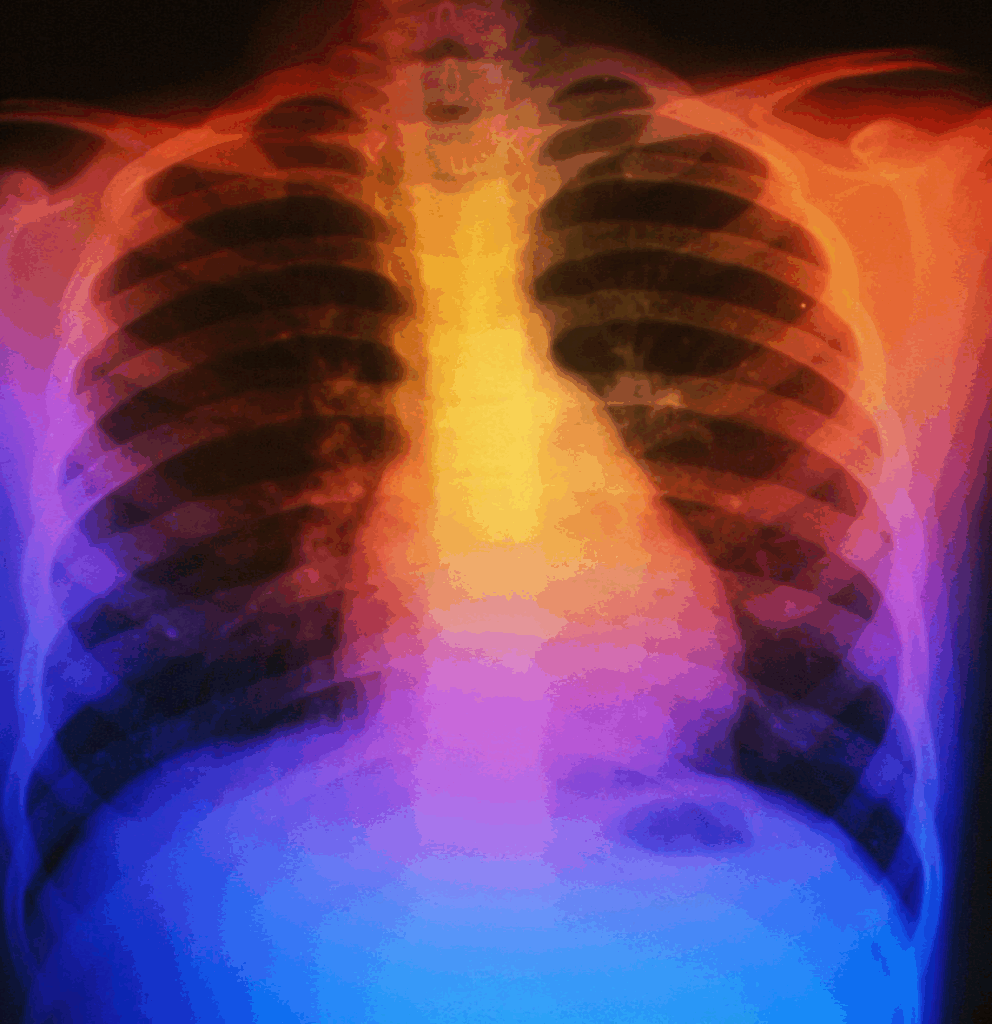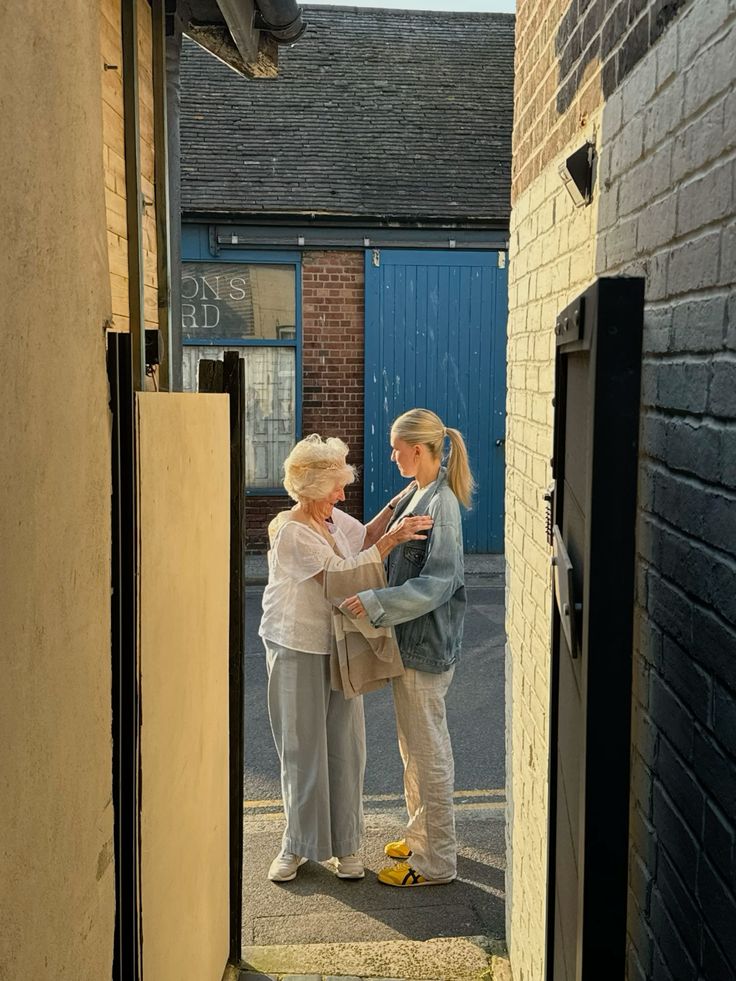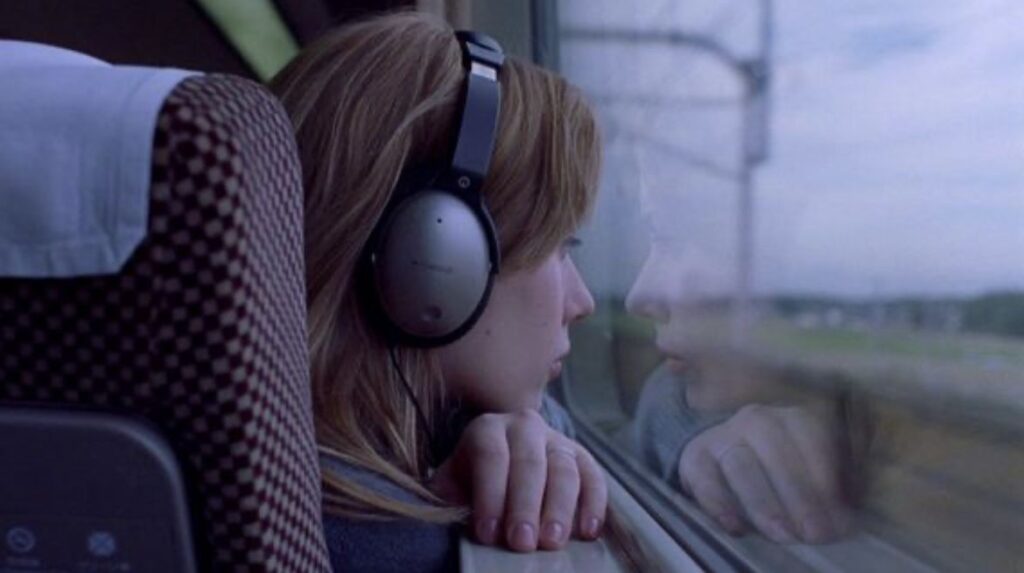The new hit Netflix series “13 Reasons Why” raises a lot of important issues about mental illness. While the conversation that this show prompts is definitely necessary, it is important to note some aspects of the show that romanticize a very serious and sensitive topic such as suicide and depression.
In “13 Reasons Why,” Hannah Baker uses her suicide as a sort of way to exact revenge on her enemies, and not once does the show mention mental illness in the respect of getting help, depression or anxiety. Rather, it gives the impression that Hannah’s suicide was caused only by the actions of her peers.
While the show’s emphasis on kindness and empathy is important, its portrayal of suicide and mental illness is counter productive, sensationalizing an issue that is very real and scary for a large part of the population.
As cliché as it sounds, suicide really is a permanent solution to a very temporary problem. As someone who has seen people close to me struggle with mental illness both past and present, I found the show to offer very little hope or comfort to people that might be dealing with issues similar to Hannah’s.
Instead, “13 Reasons Why” focuses on Hannah’s classmates, saying that each of them could have helped her if they had paid more attention, and maybe that is true. But maybe the person who is struggling needs to be told that it’s okay to seek help on their own. To know that even if everything does feel like it’s falling apart, there are other options besides suicide.
Here are 13 Reasons Why NOT:
1. The way the sun feels shining on your face on the first warm day of spring.
2. That moment of excitement when you cut an avocado in half and it is the perfect amount of ripe.
3. When your favorite author comes out with a new book, or your favorite TV show releases a new season, and you know that an entire new world is about to unfold right before your eyes.
4. Warm drinks on crisp, fall days.
5. Taking a nap with the windows open.
6. The first snow of the winter, when the white flakes haven’t been dirtied by cars and footprints.
7. Strangers that smile at you when they walk past you on the street.
8. The way it feels to laugh so hard your stomach hurts. Maybe you haven’t laughed that hard in a while, but that doesn’t mean you never will.
9. When you actually show up to class on the exact day that your professor gives a clicker quiz.
10. Your family, whether they are your blood family or your chosen family, are people who want the best for you. Mental illness can be hard to see from the outside, and you should give the people close to you a chance to help without assuming that they know and don’t care.
11. It gets better. It may not feel like it right now, but you owe yourself the chance to live and grow and find what makes it all worth it for you.
12. No one’s life will be made better by you ending yours. Sometimes when you are struggling it feels like you are a burden to the people you love, but know that they would suffer that burden a million times over as long as they could have you there.
13. It’s okay not to be okay. Mental illness is just as real and painful as physical illness. Just because you can’t see it, doesn’t mean it is not there and you deserve to seek the treatment and help that you need.
Not all of these reasons may apply to everyone. You might even feel that none of them apply to you. And that’s okay. But someone out there wants to help you find your reasons.
Penn State’s Counseling and Psychological Services are available for free to all students, and you can schedule an appointment by calling this number: 814-863-0395. If you don’t feel comfortable talking to someone in person, you can also text LIONS to 741741 to talk to someone confidentially via text about what you are going through.
In “13 Reasons Why,” we never get to hear from Hannah after she has committed her suicide. She probably would say she regretted it, that she wished she had sought help or talked to more people openly about what she was going through.
Maybe Hannah could have grown up and become a school counselor herself, or someone who worked with victims of sexual assault. Maybe Hannah could have changed hundreds of lives if she hadn’t chosen to end hers. Or maybe the only lives that she would have impacted would be her family and friends, but that still would have been enough.
You are important and you are enough. If you can’t see that right now, let people in who will support you as your vision begins to clear.





